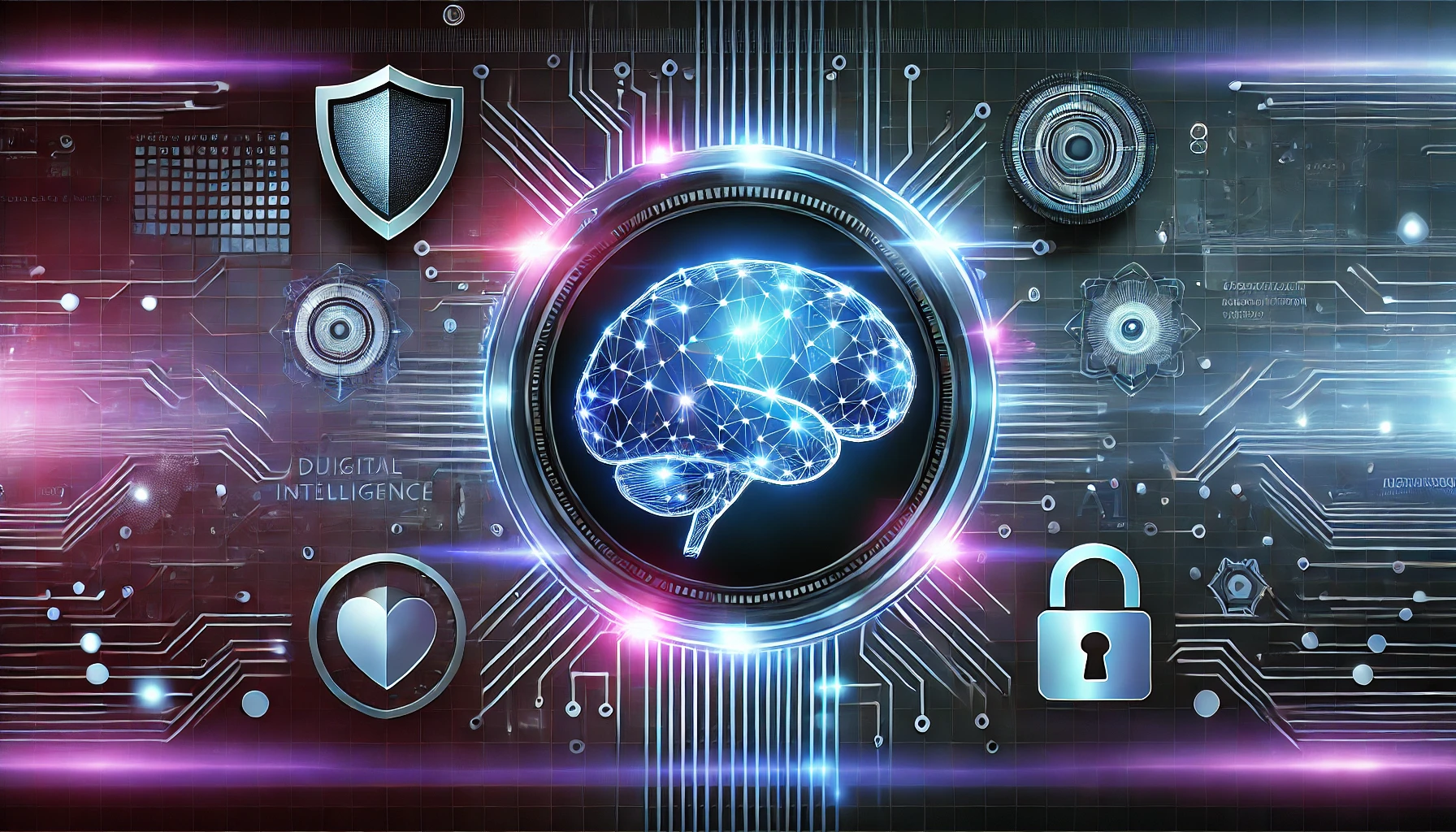Autonomous Cybersecurity Platform (ACP): Technical Overview
1. Introduction
The Autonomous Cybersecurity Platform (ACP) is an AI-driven security solution designed to provide comprehensive protection against modern cyber threats. By leveraging machine learning, automation, and predictive analytics, ACP minimizes human intervention and enhances response efficiency. This document outlines the technical components and architecture that enable ACP’s autonomous defense mechanisms.
2. Core Technological Components
2.1 Predictive Vulnerability Assessment
-
Utilizes machine learning (ML) models to analyze historical security incidents and predict potential vulnerabilities before exploitation.
-
Employs risk scoring algorithms to prioritize threat mitigation efforts based on severity and impact.
2.2 Behavioral AI Engine
-
Establishes a baseline of normal activity across users, devices, and applications.
-
Uses anomaly detection models to identify zero-day threats and behavioral deviations in real time.
-
Continuously retrains on new data to improve detection accuracy and reduce false positives.
2.3 Automated Incident Response
-
Implements playbook-driven security automation for immediate threat containment and remediation.
-
Integrates with Security Orchestration, Automation, and Response (SOAR) platforms for streamlined security operations.
-
Reduces Mean Time to Detect (MTTD) and Mean Time to Respond (MTTR) through intelligent decision-making frameworks.
2.4 Deception Technology
-
Deploys honeypots, decoy files, and credentials to attract malicious actors and log their attack methodologies.
-
Provides real-time forensic data to security teams for analysis and mitigation of advanced persistent threats (APTs).
2.5 Quantum-Resistant Encryption
-
Implements post-quantum cryptography (PQC) algorithms to protect sensitive data against future quantum computing threats.
-
Ensures end-to-end encryption for data at rest, in transit, and in processing environments.
2.6 Self-Healing Systems
-
Detects unauthorized modifications and automatically restores compromised systems using immutable snapshots and rollback mechanisms.
-
Leverages AI-driven patch management to dynamically update security configurations without human intervention.
3. System Architecture
3.1 Multi-Layer Security Model
ACP employs a multi-layered security architecture that includes:
-
Endpoint Protection: Secures devices with behavioral monitoring and automated response mechanisms.
-
Network Security: Monitors traffic for anomalies and enforces zero-trust principles.
-
Cloud & Hybrid Security: Ensures security across on-premise, cloud, and hybrid environments through API integrations.
-
Identity & Access Management (IAM): Implements adaptive authentication and privileged access management (PAM) to restrict unauthorized access.
3.2 AI & ML Workflow
-
Data Ingestion: Collects logs from network traffic, endpoints, applications, and third-party security tools.
-
Feature Extraction: Applies natural language processing (NLP), time-series analysis, and graph-based modeling to identify threat indicators.
-
Threat Analysis: Runs deep learning models to classify threats and predict attack vectors.
-
Automated Response: Executes predefined response actions or escalates to human analysts when necessary.
4. Compliance & Regulatory Alignment
ACP aligns with global security frameworks and compliance regulations:
-
NIST Cybersecurity Framework (CSF)
-
ISO 27001 Information Security Management
-
General Data Protection Regulation (GDPR)
-
Health Insurance Portability and Accountability Act (HIPAA)
-
Payment Card Industry Data Security Standard (PCI DSS)
Automated compliance audits and reporting ensure that organizations remain in adherence with industry regulations.
5. Deployment & Scalability
-
Supports containerized deployments using Docker and Kubernetes for scalable, microservices-based architecture.
-
Integrates with SIEM (Security Information and Event Management) solutions for real-time event correlation and log analysis.
-
Cloud-native design enables deployment on AWS, Azure, Google Cloud, or private data centers.
6. Conclusion
ACP is designed to provide autonomous, AI-driven cybersecurity for organizations seeking to reduce reliance on manual security operations while enhancing threat detection and response. Its advanced technology stack, automation capabilities, and compliance-ready architecture make it a scalable solution for enterprises, government agencies, and cloud environments.
For further technical details or deployment inquiries, please contact our engineering team.


